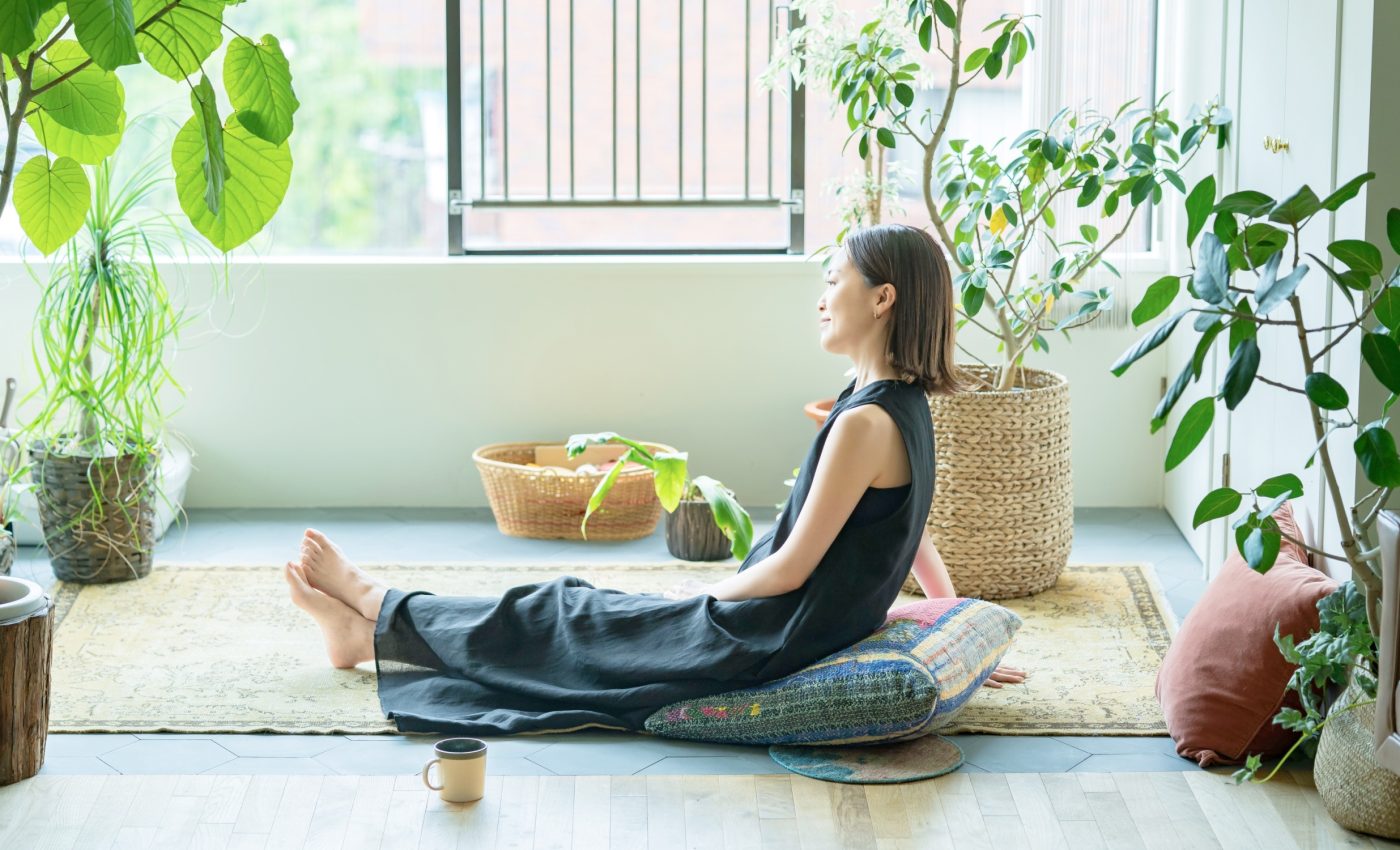
People who choose to live a simple life are much happier than those who chase materialism
A billionaire’s wedding trends for days, and another mega-yacht launches. Then along comes a careful study with a simple punchline: people who choose to live with less report feeling happier and better about their lives.
New peer-reviewed research finds that people who practice voluntary simplicity tend to report higher hedonic and eudaimonic wellbeing.
That result cuts against the everyday marketing script that equates happiness with income and accumulation.
It also echoes a decade of psychology showing that heavy materialism often travels with lower wellbeing. The study was led by Professor Rob Aitken at the University of Otago.
Simple living and happiness
The team examined how a commitment to voluntary simplicity relates to two flavors of wellbeing.
Hedonic wellbeing covers pleasant feelings and life satisfaction, while eudaimonic wellbeing tracks purpose, growth, and living in line with one’s values.
Participants represented the national consumer base and answered validated measures that capture simplicity attitudes and behaviors.
The authors also tested whether age, income, and gender change the strength of those links, which they did in nuanced ways reported in the paper.
The mechanics of simplicity here are practical, not mystical. Think buying less, repairing more, sharing gear, and choosing local when it makes sense.
In the dataset, simplicity bundled with frugality, self-sufficiency, and local procurement, but the feel-good effect did not stop at thrift.
The statistical story pointed to how people meet psychological needs. Living simply often steers people into routines that increase interaction, mutual help, and civic participation, and those experiences align closely with the eudaimonic side of wellbeing.
Simplicity, relationships, and wellbeing
“It’s not directly the commitment to material simplicity that leads to wellbeing, but the psychological and emotional need fulfilment that derives from relationships, social connection, community involvement and a sense of living a purposeful and meaningful life,” said Professor Aitken.
Those comments match the evidence base rather than just opinion. The authors validated a recent simplicity scale and showed its links to both types of wellbeing remained after accounting for demographics.
The pathway ran through social connection and achievement fulfilment, not through austere deprivation.
That distinction matters. People do not feel better simply because they sold a closet of stuff. They feel better because the change frees time, attention, and money for relationships, skills, and contributions that matter to them.
Other studies show similar results
Independent psychology research backs the caution on high materialism.
A large meta-analysis of 259 samples found that stronger materialistic values are reliably associated with lower personal wellbeing across measures like life satisfaction and vitality.
The same review and follow-on work also suggest that dialing down materialistic priorities can help.
When people shift focus toward relationships and competence, they tend to report improvements in wellbeing. That maps neatly onto the social and values-based routes highlighted in the Otago study.
It also helps clarify a common confusion. Money can relieve stress up to a point, especially when basics are not covered, but endlessly chasing upgrades does not run the same play for wellbeing.
The difference between security and status seeking is not academic when the outcomes diverge.
Marketing scholarship has been tracking this tension for years. At the level of macromarketing policy and culture, the question is how to support prosperity without pushing consumption that undercuts health and community.
Wellbeing found in daily simplicity
Simplicity is not a single script, and the study did not prescribe one. People took diverse routes that overlapped on lower overall consumption and stronger ties.
Common examples in the research context include community gardens, resource sharing, peer-to-peer lending, and local procurement. Those activities reduce acquisition while increasing interaction and mutual help.
Small choices can rewire a week. Sharing tools or swapping clothes creates contact, which often leads to new skills and a wider sense of contribution.
The key is alignment. People reported larger gains when the routines reflected their values and gave them ways to practice those values in daily life.
Why the timing is urgent
There is also a planetary angle that goes beyond personal happiness. Between 2000 and 2019, global domestic material consumption rose 66 percent to 95.1 billion metric tons, continuing a long upward trend that strains ecosystems and supply chains.
Those are not abstract curves. Extracting, moving, and disposing of materials drives emissions, biodiversity loss, and pollution, and those costs show up in local health and budgets.
A lifestyle that demands fewer inputs removes some of that pressure at the margin.
Policy and business do not get a free pass here. Product design, repair access, and service models all shape the menu of realistic choices consumers can make. People cannot choose options they cannot reach.
Framing simplicity as deprivation misses the point. The results here suggest the upside sits where less consumption unlocks more connection and a clearer sense of purpose.
Acting on the simplicity-wellbeing link
No single study settles big questions, including who benefits most and under what conditions. The authors report that age, income, and gender modulate the simplicity-wellbeing link, which invites follow-up work in more countries and with longitudinal designs.
Measures also matter. Hedonic and eudaimonic wellbeing capture different aspects of a good life, and national surveys still harmonize the latter slowly, which can blur comparisons across studies and time.
Even so, the direction of travel is clear enough to act on now. If the goal is to feel better and tread lighter, the most promising moves are social, not flashy.
People are happier and more satisfied when consumption takes a back seat to community, competence, and meaning. That is the study’s core message, and it lands with uncommon clarity.
The study is published in the Journal of Macromarketing.
—–
Like what you read? Subscribe to our newsletter for engaging articles, exclusive content, and the latest updates.
Check us out on EarthSnap, a free app brought to you by Eric Ralls and Earth.com.
—–













